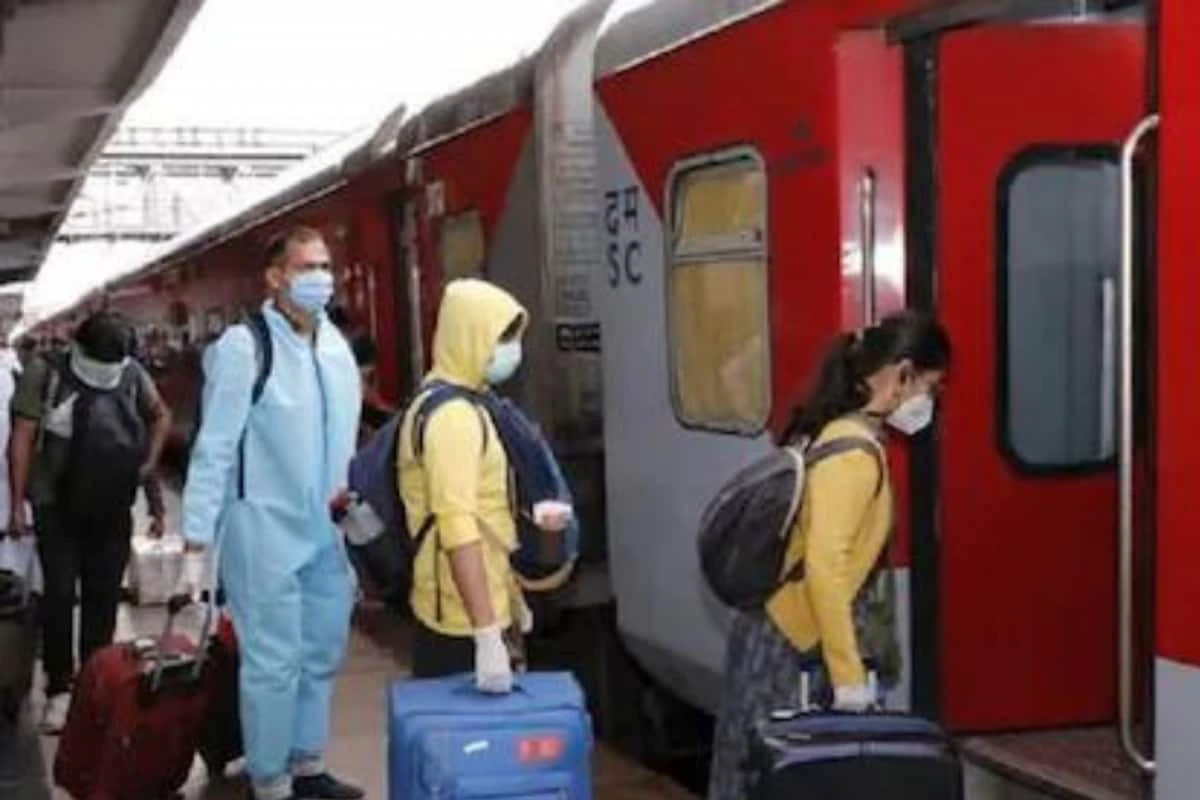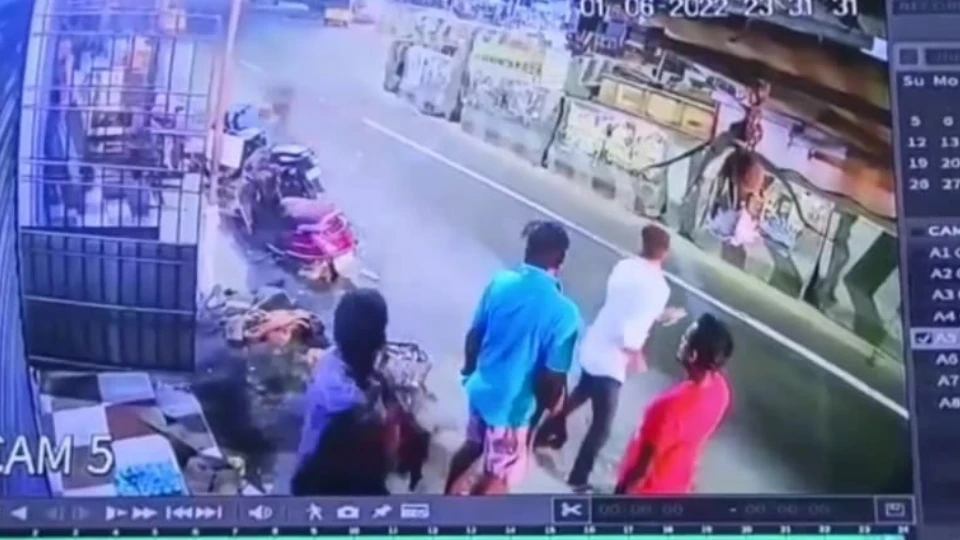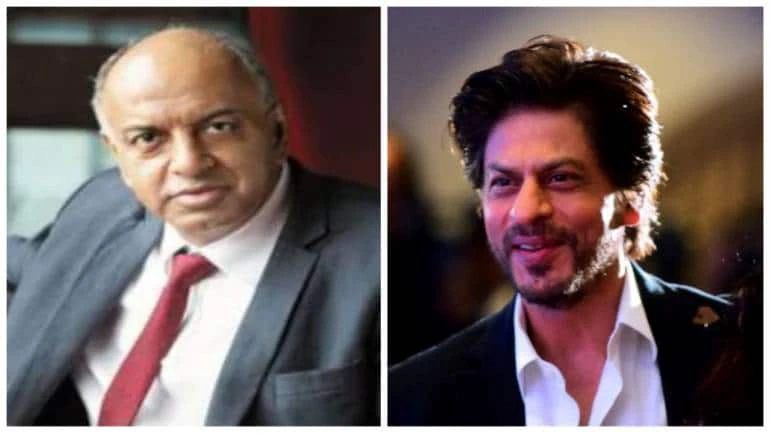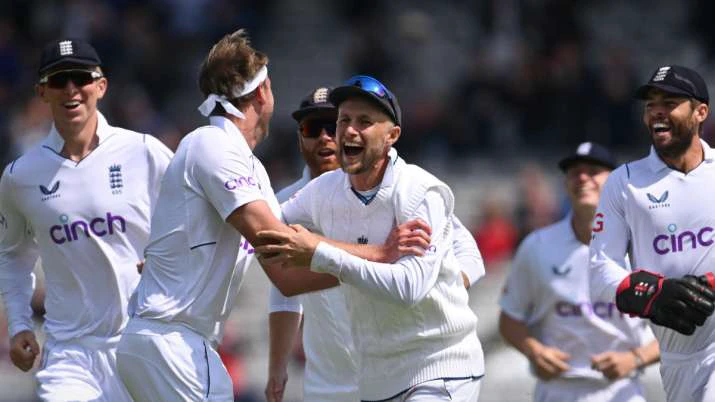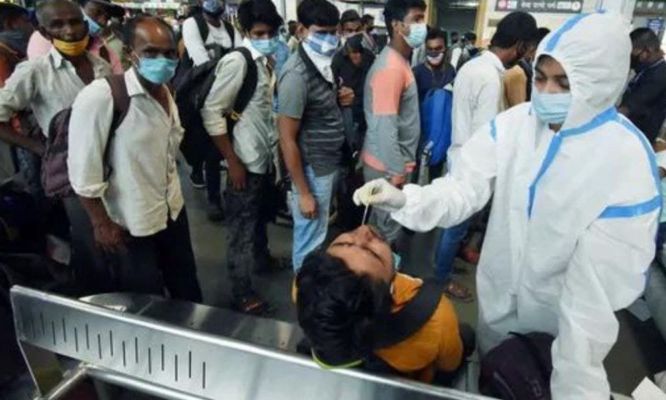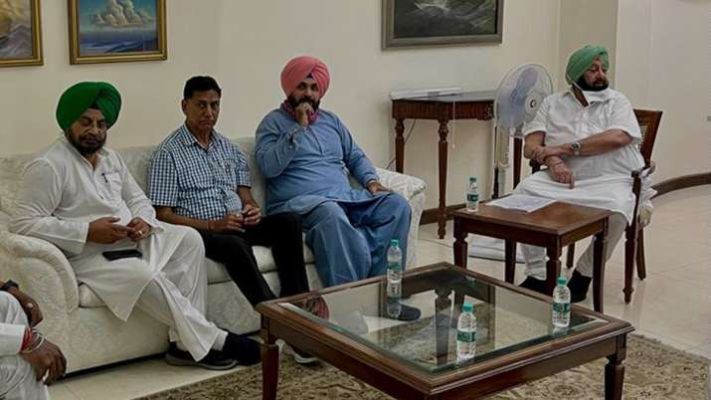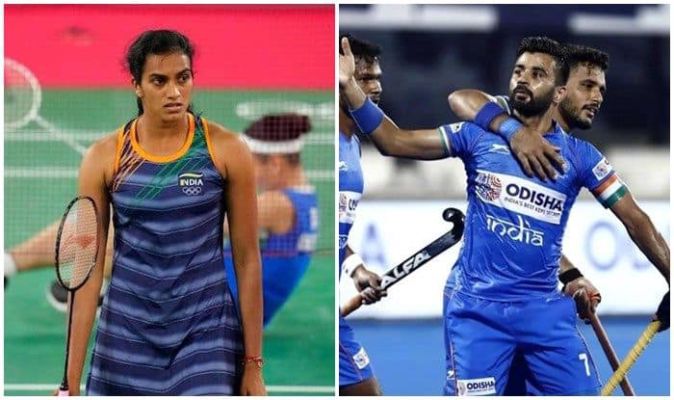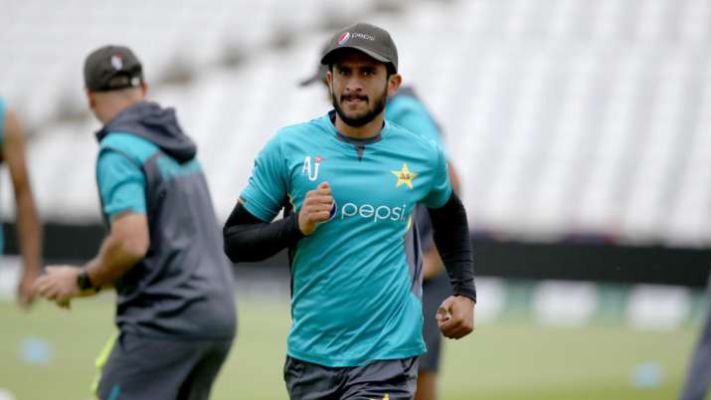Poverty-hit Assam villagers sell kidneys, 3 arrested

Guwahati, July 13 Hit by acute poverty, some villagers in Assam are selling off their kidneys. The development came to light after people of the Dakshin Dharamtul village in Morigaon district apprehended an "agent" and two others and handed them over to the police earlier this week.
Local residents told the media that at least 31 people from Dakshin Dharamtul and adjoining villages have reportedly sold off a kidney each so far.
According to the villagers some poor people took the step to repay loans, while some others did it for the treatment of family members or other economic reasons.
The poverty-stricken villagers are mostly farm labourers or daily wage earners and they have been acutely affected by the Covid induced pandemic.
Those people who sold their kidneys were taken to Kolkata by the middlemen and underwent surgeries in private hospitals.
Morigaon district Superintendent of Police Aparna Natarajan said that the police so far arrested three people over the racket.
Of the three people, the agent Lilimai Bodo is from Guwahati, one is a local and the other two are outside the district.
She said that they do not have any specific information on the number of people who had sold their kidneys.
"Police probing the matter and also talking with the villagers to collect the necessary details," the IPS officer told over phone on Tuesday.
The villagers told the police that some people sold the kidney for Rs 5 lakhs to Rs 6 lakhs, but the agent took a "commission" of Rs 1.50 lakh.
Police received a complaint against the agent on Sunday from a person, whose kidney was allegedly transplanted last month, but only Rs 50,000 was paid to him against the promised amount of Rs 6 lakhs.
Buying and selling of kidneys and other human organs is prohibited in India by the Transplantation of Human Organs Act 1994.
However, body organs can be transplanted from living donors, who are close relatives of the patient or non-related persons after proper permission by the government and from brain-dead patients.



